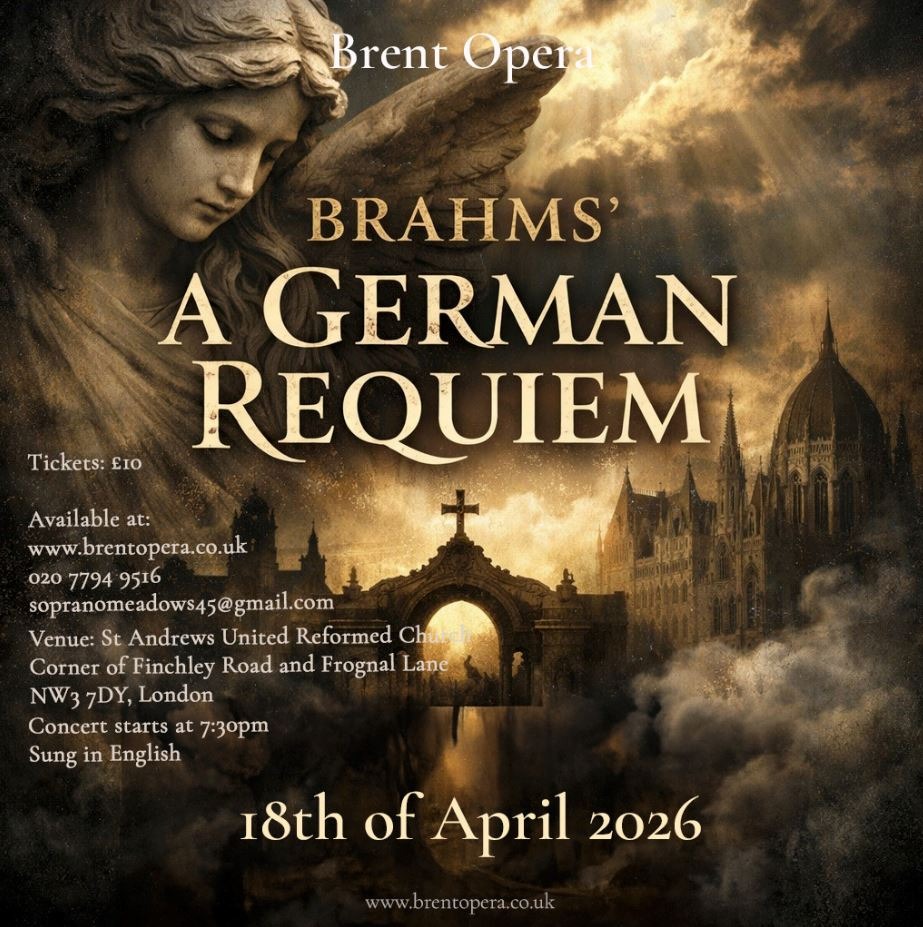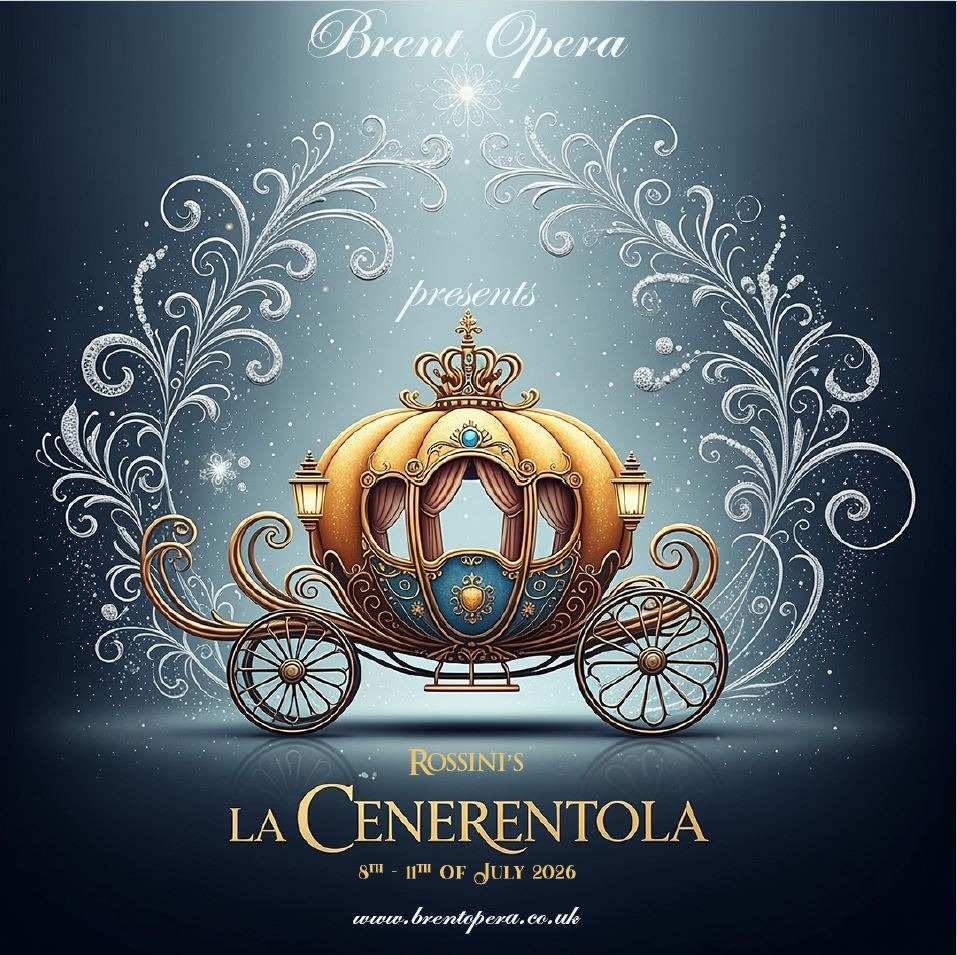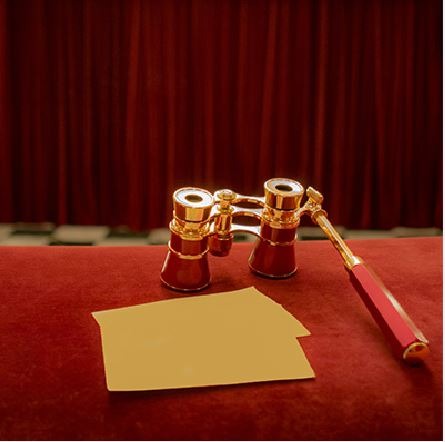Next Concert
Brahms'
Date: 18th April 2026
Starts at 7:30pm


Requiem
Venue: St Andrews URC
Corner of Finchley Road and Frognal Lane
London, NW3 7DY
Musical Director: Giannis Giannopoulos
Next Production
Rossini's
Date: 8th to 11th of July 2026
Performances start at 7:30pm


La Cenerentola
Venue: St Andrews URC
Corner of Finchley Road and Frognal Lane
London, NW3 7DY
Director: John Upperton
Musical Director: Giannis Giannopoulos
Tickets available soon!
We offer several options for purchasing tickets, so you can choose the one that works best for you. One convenient way to purchase tickets is online via TicketSource.
Alternatively, if you prefer to reserve tickets at the door or have any questions about our productions, you can email Sara at sopranomeadows45@gmail.com or call us at 020 7794 9516. Sara will be happy to answer your questions and help you reserve your tickets for the upcoming show.
8th of July 2026 (Wednesday) - £18
9th of July 2026 (Thursday) - £18
10th of July 2026 (Friday) - £20
11th of July 2026 (Saturday) - £20
Don't miss this enchanting opera - an evening filled with passion and brilliance awaits!
Next Production
Verdi's
Date: 27th - 30th of January 2027
Performances start at 7:30pm


Macbeth
Venue: St Andrews URC
Corner of Finchley Road and Frognal Lane
London, NW3 7DY
Director: Lee Davis
Musical Director: Giannis Giannopoulos
Next Production
Gilbert & Sullivan's
Date: 30th of June - 3rd of July 2027
Performances start at 7:30pm


The Yeomen of the Guard
Venue: St Andrews URC
Corner of Finchley Road and Frognal Lane
London, NW3 7DY
Director: Lee Davis
Musical Director: Giannis Giannopoulos
Contact us
We would love to hear from you! If you have any questions, comments, or feedback about Brent Opera, or if you are interested in joining us as a performer or volunteer, please get in touch.
E-mail: brentopera@hotmail.co.uk
sopranomeadows45@gmail.com
Phone: 020 7794 9516
Charity number: 1206019
